Secretary of Iran’s National Security Council Rear Admiral Ali Shamkhani called on Prime Minister Muhammad Nawaz Sharif on October 29, 2015. Several issues related to the regional developments were discussed.
It was a significant meeting in the sense that Iran’s top security representative was here, coincidentally when Saudi troops were in Pakistan for intensive counter-terrorism exercises.
PM Sharif made a statement that was noteworthy; he declared the port cities of Chabahar (Iran) and Gwadar (Pakistan) as “sister port cities”. He further said that activities of both these port cities would “complement each other”.
The PM’s statement sounds like a sugar-coated diplomatic statement but one that fundamentally ignores the negative geostrategic implications of Chabahar’s development. It’s almost as if the PM was unaware about how this Iranian project, which is backed by strong Indian investment, will rival the China-Pak Economic Corridor (CPEC).
Shamkhani’s visit comes a month after it was reported that India plans to invest a whopping total of $30 billion in Iran which includes the establishment of a urea plant in Chabahar. In doing so, New Delhi hopes to import cheaper urea and get gas supplies at $1.50 per million British thermal units (mmBtu) instead of the $2.95 currently offered by Iran.
Infact, just a week or so before Shamkhani’s touch-down in Islamabad, PM Sharif’s Indian counterpart Narendra Modi had chalked out a plan to meet with different ministries to discuss their investment proposals for Iran. In the past, India has allocated a separate sum of $85 million to develop the Chabahar port. It intends on using it as an alternative gateway to Afghanistan and Central Asian Republics (CARs) from the Arabian Sea. The reliance on Pakistan thus, will be diminished.
But in what right mind did PM Sharif declare India’s geoeconomic investment in Chabahar as “sisterly” and “complementary” to Pakistan? Who is advising him on such sensitive matters of national and regional security? Certainly not Sartaz Aziz or the incumbent Nasser Janjua. Or are we to believe the PM used his own brains and issued statements to ‘reaffirm deep ties’ with Tehran?
Chabahar poses direct threats to Pakistan. Not because it has Indian money coming in, but because it damages Pakistan’s stake in the region. Even more so, India’s ambition for the International North-South Transport Corridor to have an entry node in Chabahar port will present enable Indian maritime forces to encircle Pakistan under the guise of ‘economic trade’.
We have yet to see any media reports in which PM Sharif might have at least minced some words to remind Iran that India has aggressive ambitions in the region. Rear Admiral Shamkhani told PM Sharif that both their countries should find peaceful solutions to the Afghan problem. So we ask, did PM Sharif let the dignitary know that Chabahar’s development will further deteriorate the security situation in Afghanistan?
Iran’s Sisten-Baluchestan province in the east is also rife with insurgency, like its Pakistani equivalent across the border. Hundreds of local and foreign-sponsored Sunni militant groups sponsored by Gulf countries, especially Saudi Arabia, operate there. Ahwazi separatists are also engaged against what they call the tyranny of a radical Shiite regime. The establishment of a transport corridor from Sistan connecting Afghanistan onwards will spell horror for the region. The vast network of so-called jihadi networks operating in CARs, including Chechnya, will be able to move freely to and from the landlocked states into Afghanistan and into Iran. Most importantly for Pakistan, these militants can be facilitated with ‘road links’ to their like-minded colleagues in the troubled “AfPak” region such as the Taliban, Islamic Movement of Uzbekistan (IMU) and Al Qaeda. We cannot discount the possibility of Daesh benefiting from this proposed plan.
On the contrast, the CPEC goes only through Pakistan and China, directly into Eurasia.
Chabahar’s development on the outset might seem like a fairly simple initiative of Indian economic soft power to win hearts and minds in Afghanistan and the CARs, but what if this very network is used later for deployment of Indian naval forces?
Please also keep in view India’s Andaman & Nicobar Islands. Starting from there in the east to Chabahar in the west up until Russia, it makes a complete circle. How is Pakistan not threatened in this scenario?
Will Iran guarantee Pakistan that the Indian Navy will not use Chabahar as a strategic naval dockyard to flex an aggressive posture toward other stakeholders in the Indian Ocean? Did PM Sharif share these concerns with Iran?
image credit: bigstockphoto.com
DISCLAIMER: “Opinions expressed here are solely of the author. Pakistan Insider does not necessarily agree with its content”.

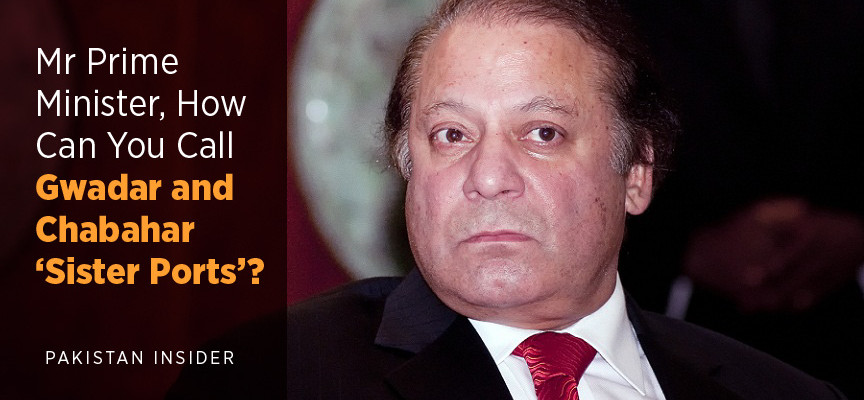

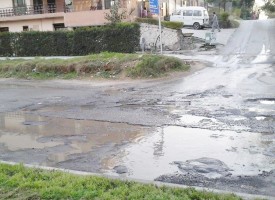
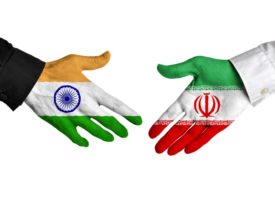
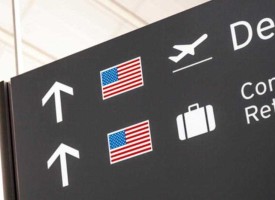
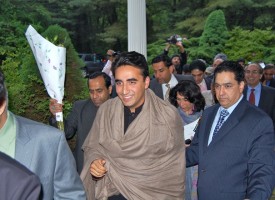

No comments!
There are no comments yet, but you can be first to comment this article.